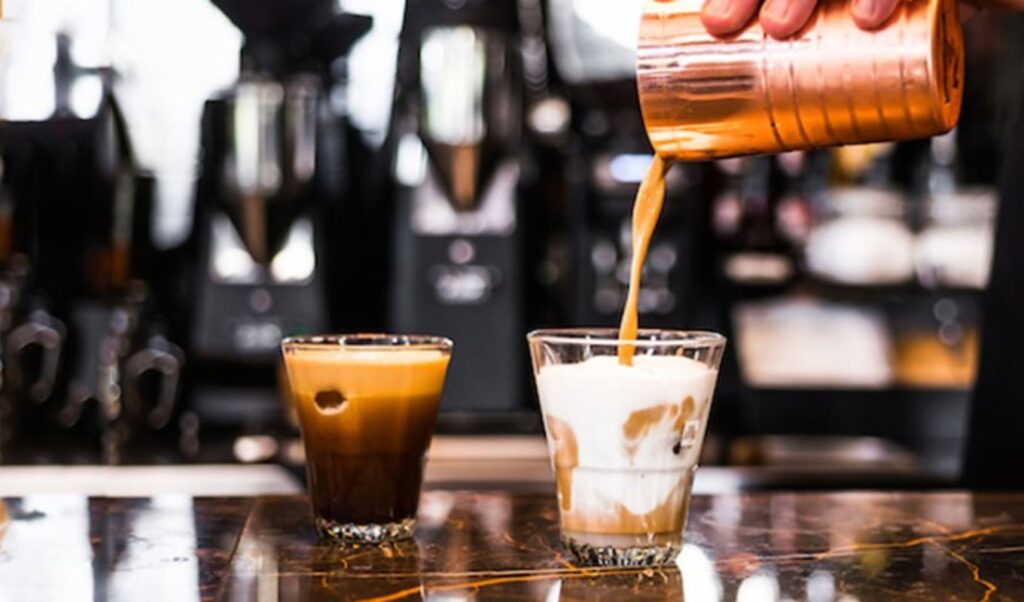Coffee, one of the most beloved and constant habits of Greeks, appears to be going through difficult times. The price increase has begun to be felt everywhere – from major coffee chains and restaurants to small neighborhood coffee shops – transforming a daily pleasure into a luxury, as recorded in the recent poll by parapolitika.gr.
In Greece, where coffee is not just a product but a way of life, the situation causes concern for many, while others don’t seem to be affected by the circumstances. Freddo espresso and freddo cappuccino have exceeded 4 euros in coffee shops, while consumption through delivery also seems to be limited for Greeks, with some now investing in “coffee at home.” Indeed, as they report, they have reduced their consumption, while others remain unaffected by the price “rally,” staying on the same wavelength of consumption and remaining steady on this reference point.
@parapolitika Are Greeks stopping drinking coffee? ☕ #parapolitikagr #tiktokgreece #greece #coffee
Parapolitika.gr poll: What’s behind the coffee price increase
The global coffee market is experiencing a period of intense turmoil, with prices showing large fluctuations on international exchanges. The two main varieties, Arabica and Robusta, are moving upward, directly affecting the prices reaching consumers. On the New York and London exchanges, where the two varieties are traded, volatility is evident. The Arabica variety posted an impressive rise, reaching a seven-month high of $4.13 per pound on September 15, from $2.84 in early August — a 45.4% increase within just a few weeks. Although some correction followed, the price settled at $3.62 per pound on September 24, remaining at high levels. Similarly, Robusta, used mainly for instant coffee and espresso, soared on September 16 to $484/ton, from $321 in early August — a 50.8% increase. Despite the slight decline that followed, its price continues to move above $420/ton, maintaining pressure on supply chains and final retail prices.
According to market officials, the climate crisis has dramatically limited production in key countries like Brazil and Vietnam, while China’s tripling demand over the past year and a half has worsened the supply-demand imbalance. Meanwhile, the 50% tariffs imposed by the Trump administration on coffee imports from Brazil and the reduction of global stocks create an explosive mix that fuels increases. Analysts warn that if production doesn’t stabilize and trade relations don’t normalize, coffee risks facing a new wave of price hikes in the coming months — a development that will directly affect both businesses and consumers worldwide.




